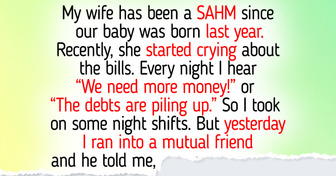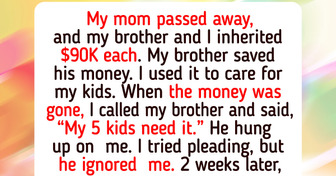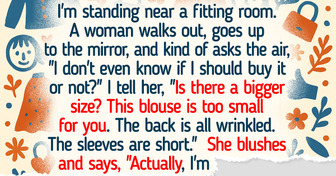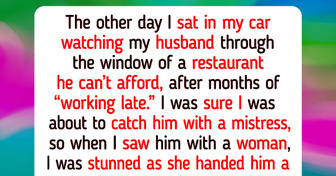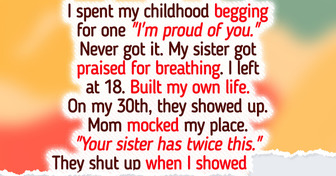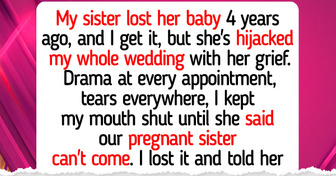I Refuse to Let My Entitled Daughter Steal the Life I’ve Been Saving For
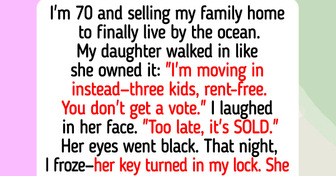
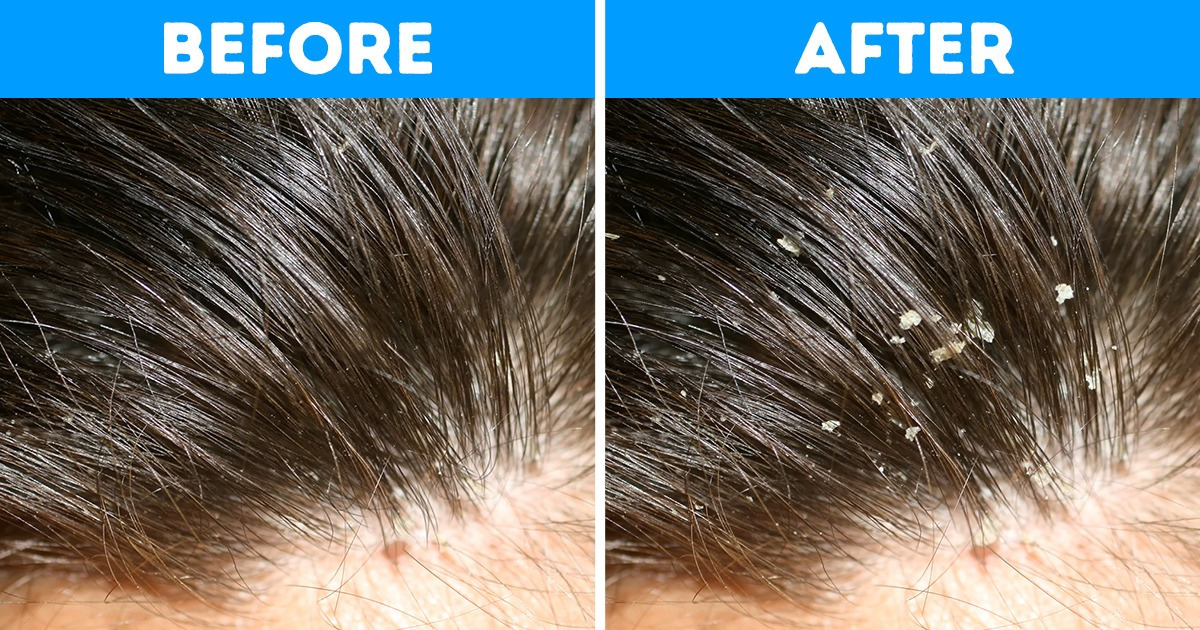
There’s no better feeling than stepping out of the shower and smelling that fragrant floral scent of your shampoo. You feel refreshed and energized, and it’s the best way to kick off your day. However, washing your hair too often might not be the best move.
For those who like making a statement with bold hair colors or who like to highlight it, you might want to reconsider the frequency with which you wash your hair. The chemicals in the dye are vulnerable to water, and washing it too often might strip your hair of its dyed hue.
Dry or frizzy hair is another sign that you’re overwashing it. Most shampoos contain chemicals called sulfates, which remove the oil and debris from your hair. Consequently, your hair will immediately look more luscious, but you’ll be damaging it in the long term. If you strip your hair of its natural oils, your scalp will be dry and so will the texture of your hair.
Dandruff is a condition in which the scalp starts to itch and flake, leaving some white flecks in your hair as residue. When you overdo it with the washing, you’re unintentionally removing the natural sebum from your scalp, which is essential for keeping it nourished and healthy. This, in turn, can cause your scalp to be drier and produce even more dandruff.
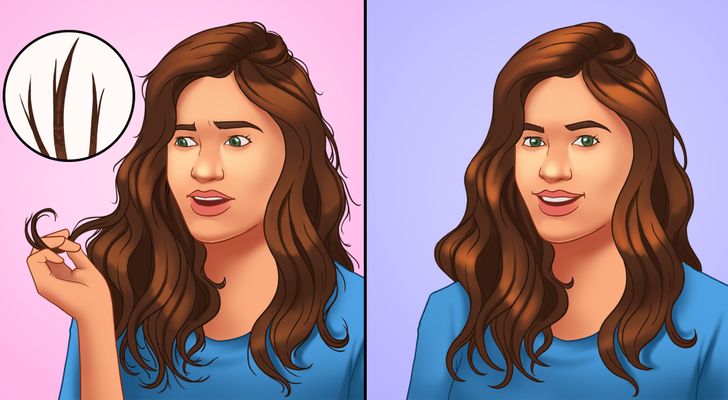
Split ends are a result of the fraying of the hair fiber, usually at the end of the strand. If you have split ends, then you might want to cut back on your washing routine. When hair is wet, it’s even more susceptible to damage. That’s why the more often you wash it, the more likely the hair fibers will break.
When you wash your hair on a daily basis, your oil glands start to produce more oil to compensate for the loss of oils that the shampoo is removing. Moreover, even if your type of hair is more greasy, you’re also drying out the hair strand. By changing the frequency, you’ll eventually train those glands not to over-produce oil.
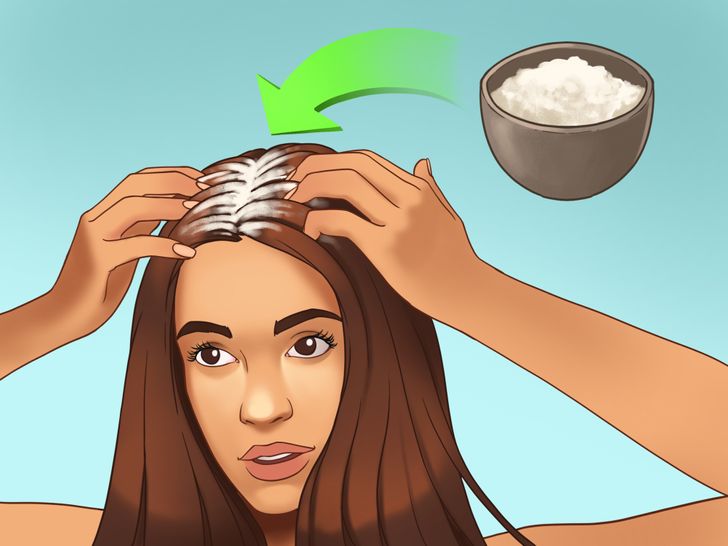
1. Cider vinegar: It can help change the pH levels of your hair and scalp, leading to less buildup and more balanced oil levels. Mix 3 tablespoons of apple cider vinegar with a cup of lukewarm water. After washing your hair, apply the solution to the hair and rub it on your scalp. Wait for 5 to 10 minutes before rinsing it off.
2. Aloe vera and lemon juice: The 2 elements act as an astringent to control the production of sebum, and it can make your hair shinier and less oily. Combine them by adding 2 teaspoons of aloe vera gel and a tablespoon of lemon juice in a bowl. Next, pour a cup of water into the bowl and mix. Use this mixture to rinse your hair.
3. Essential oils: Peppermint and tea tree oil may help to keep the pores on your scalp clear from buildup, consequently making your hair less oily. Spread a drop or 2 through your hair between washes. Bear in mind that you shouldn’t apply undiluted essential oils directly to your skin. Afterward, wrap your head in a towel and let sit for 10 minutes before rinsing and shampooing.
4. Baking soda: It’s considered an inexpensive and chemical-free alternative to dry shampoo. It helps to remove any buildup. Mix 2 or 3 teaspoons of baking soda into a bowl with water until you get the consistency you desire. Apply the mixture from root to tip on wet hair. Wait for one minute before rinsing it off.
How often do you wash your hair? Does your hair show any of these signs? Share with us any useful tips so the Bright Side community can help more people achieve a luscious look.


